Peugeot has pulled the wraps off its all-new Polygon Concept, a compact, futuristic showpiece that previews the brand’s vision for driving beyond 2027. While most concept cars aim to inspire, this one feels more like a prototype that’s already one foot into production. Designed to be dynamic, personal, and sustainable, the Polygon Concept blends real-world practicality with digital-age imagination — and even debuted first inside Fortnite’s Polygon City before being revealed to the public.
A New Way To Drive: The Hypersquare® Revolution –
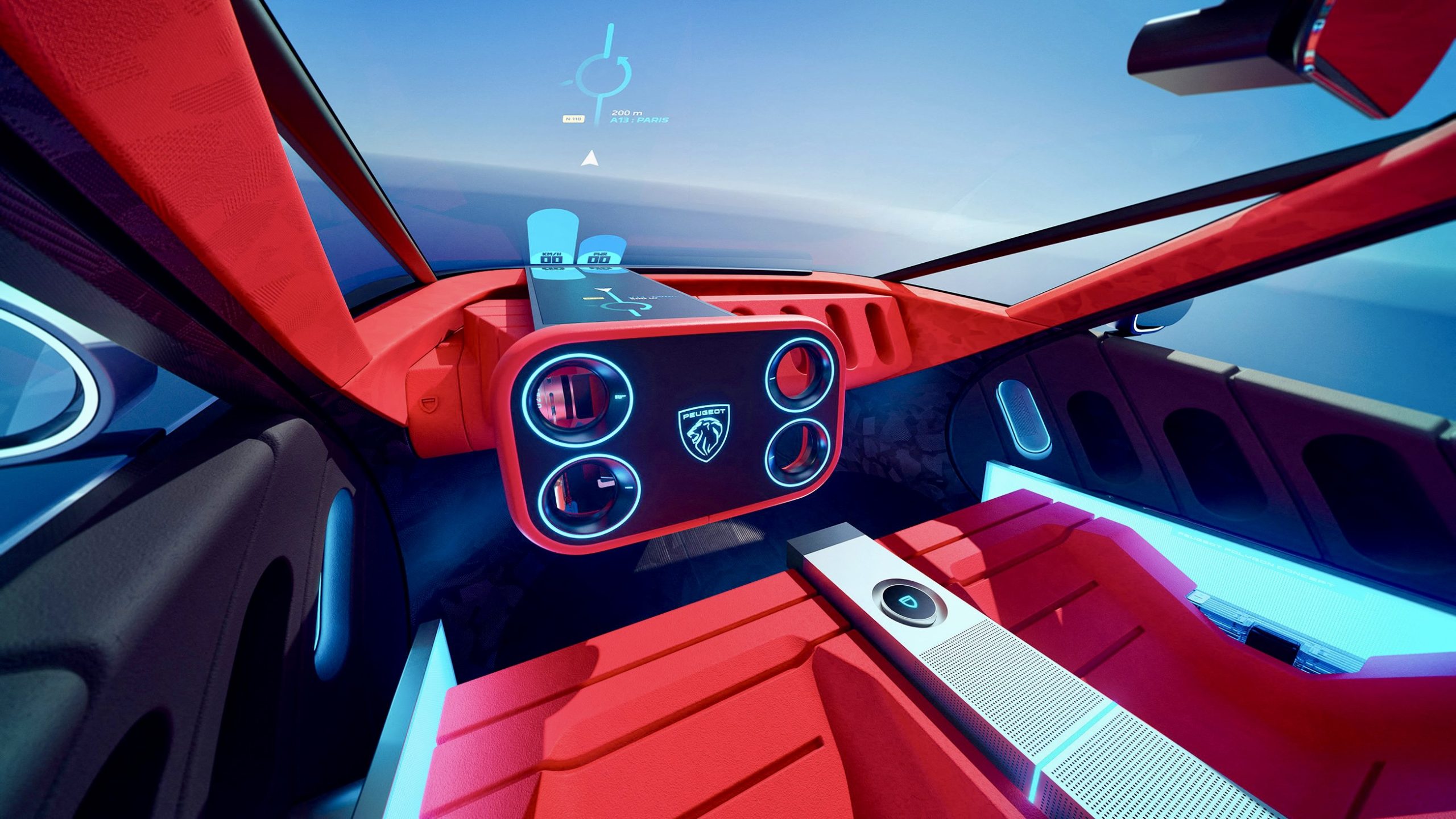
At the center of this concept is Peugeot’s boldest innovation yet — the Hypersquare® steering system. Forget the traditional round steering wheel. This is a squared, gaming-inspired control unit paired with Steer-by-Wire electronic steering. There’s no physical connection between the wheel and the tires — just pure electronic feedback.
This setup allows lightning-fast inputs and precise control at any speed. Around town, parking and tight turns require less than a full turn lock-to-lock. On the highway, just subtle inputs guide the car with precision. It’s a futuristic approach that promises sharper agility, smoother motion, and more comfort — especially since vibrations are filtered out, leaving only useful feedback to the driver.
Peugeot says this system will debut in production models starting in 2027, making the Polygon a real testbed for the future of driving.
A High-Tech, Immersive Cabin –
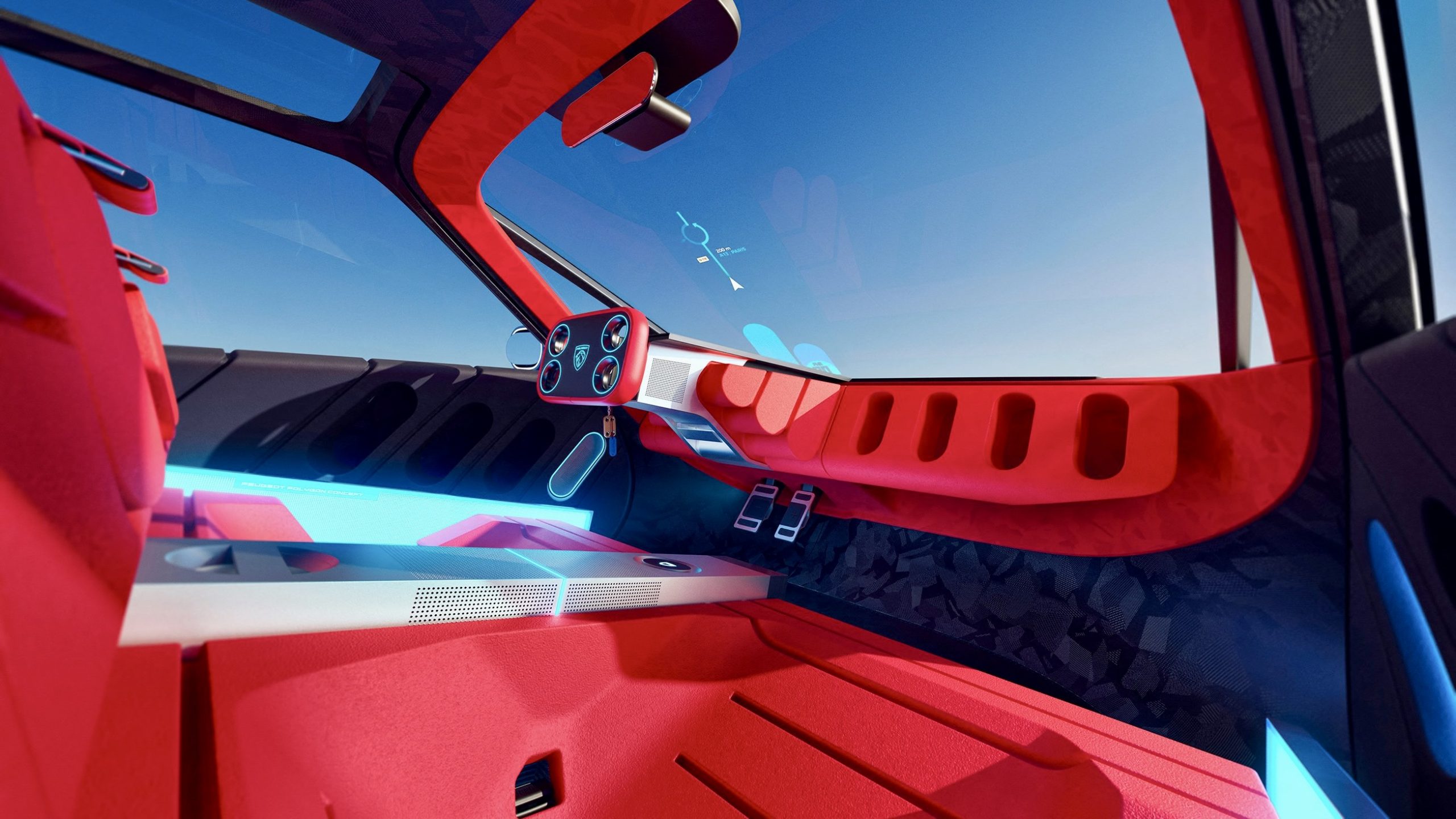
Inside, the next-generation i-Cockpit® redefines what a dashboard can be. There’s no traditional instrument panel — instead, a Micro-LED display projects all information onto the windshield, transforming it into a massive 31-inch virtual screen. Drivers can customize what’s shown —from navigation to performance data —depending on their chosen mode: Cruise, Fun, or Hyper.
When parked, the same Micro-LED technology animates the vehicle’s front and rear lights, creating synchronized light shows that can match the driver’s mood or the surrounding environment. Even the rotary dial that controls interior lighting features its own mini-screen, displaying information like temperature or time.
Four circular pods on the Hypersquare® corners house essential controls — meaning you never need to lift your hands from the steering control. It’s a clean, driver-focused setup that blends technology with simplicity.
Compact, Confident, And Very French –
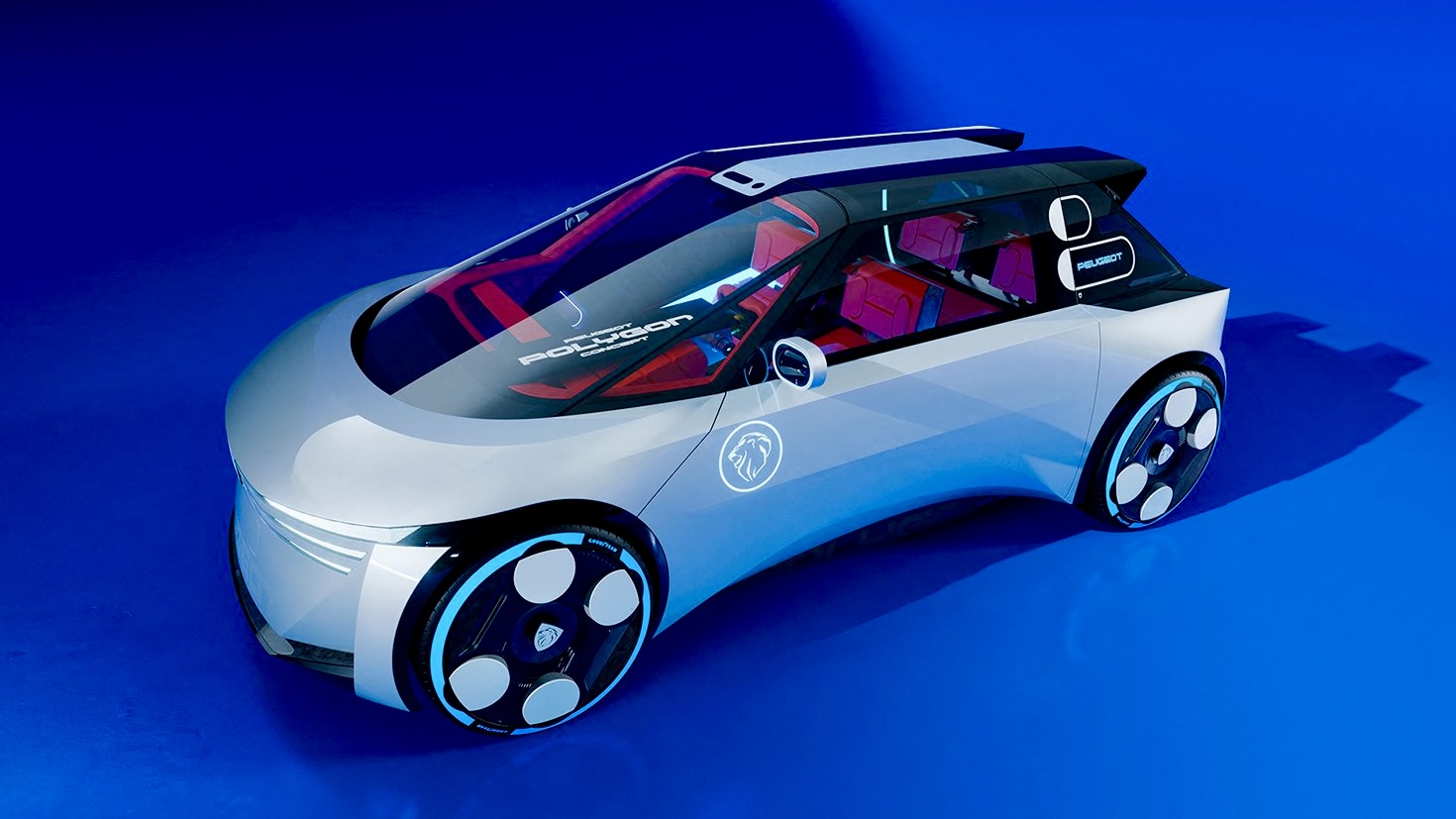
At just under 4 meters (13 feet) long, the Polygon Concept is compact, yet every angle feels sculpted with purpose. The three-claw Peugeot light signature has been reinterpreted in a horizontal format using Micro-LEDs, visually stretching the car’s width and giving it a striking presence.
Peugeot’s designers describe the look as “feline,” and it’s easy to see why — the body features muscular haunches and geometric surfacing that make it appear poised, like a crouching cat ready to pounce. Color plays a major role, too: vibrant accents on the wheels, body panels, and even the laser-engraved Goodyear tires bring personality and fun to the exterior.
Customization Like Never Before –
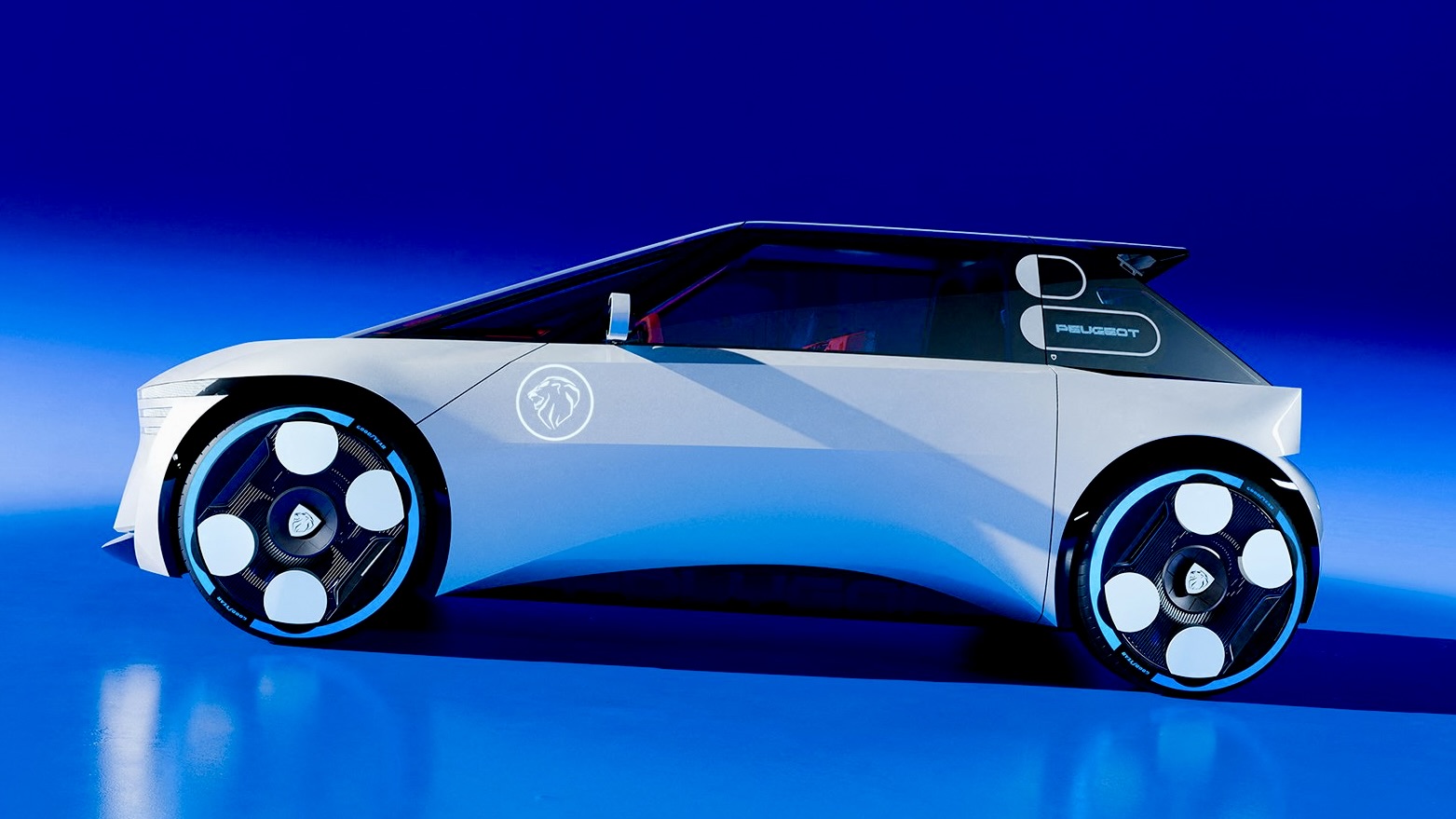
Peugeot envisions the Polygon as a vehicle that can be reconfigured endlessly. From the Hypersquare’s materials and colors to removable seat foam and 3D-printed wheel covers, owners could refresh their interior or exterior look in minutes.
Even the Goodyear SightLine smart tires communicate in real time with the i-Cockpit display, providing information on pressure, temperature, and road grip. When you swap tires or configurations, the car instantly recognizes what’s fitted and adjusts accordingly.
Peugeot will showcase three different looks of the Polygon — Urban, Player, and Explorer — each with distinct personalities ranging from sleek city style to rugged adventure-ready.
Rethinking Sustainability –
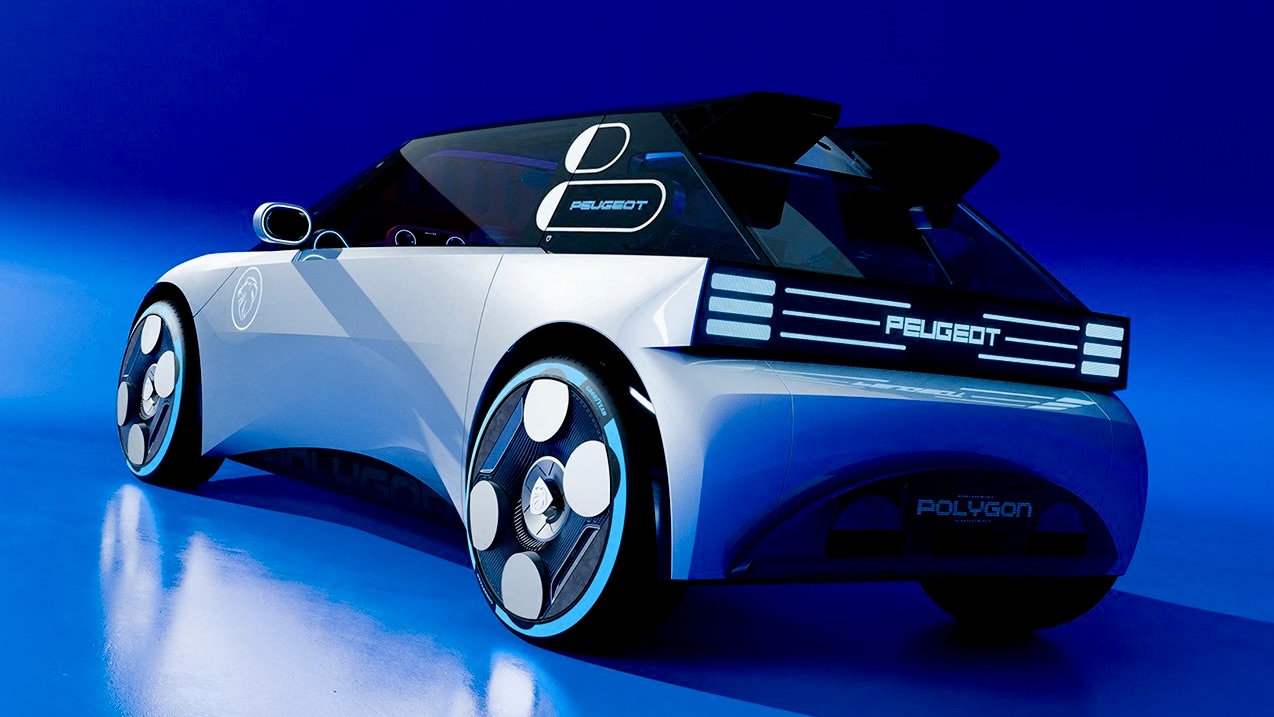
The Polygon Concept also marks a turning point for how Peugeot approaches sustainability. Nearly every visible component uses recycled or recyclable materials. The cabin is covered in a forged textile made from deconstructed Peugeot seats. The paint is made from recycled materials from end-of-life tires. The 3D-printed seat shells are made from recycled PET (R-PET) developed in collaboration with the Spanish firm Nagami, while the seat foam is produced by Belgian company Sixinch, known for its single-piece foam furniture.
By using fewer parts and focusing on 3D printing, Peugeot reduces both complexity and weight. Even the doors are simplified — just two large butterfly-style openings instead of four conventional ones, improving accessibility and streamlining production.
Because many components are modular and easily replaceable, owners can update the car’s look and feel without replacing the vehicle itself — extending its lifespan and reducing waste.
The Future Starts Now –
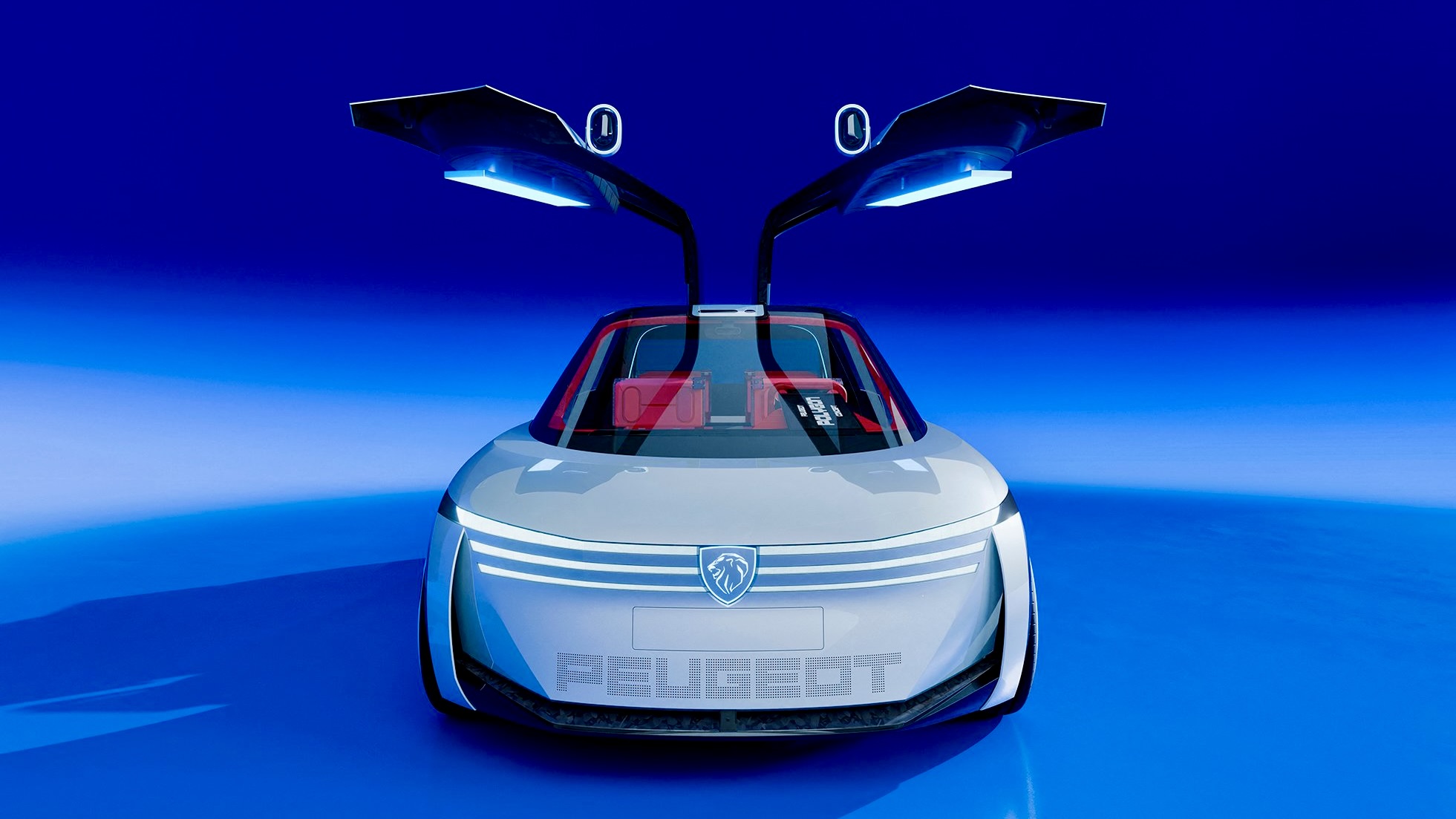
The Peugeot Polygon Concept isn’t just a design exercise — it’s a rolling experiment that demonstrates what’s next for the brand. With cutting-edge digital interfaces, sustainable materials, and a radical approach to steering and ergonomics, it represents a bold statement: driving in the future doesn’t have to sacrifice emotion for innovation.
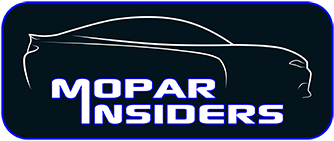
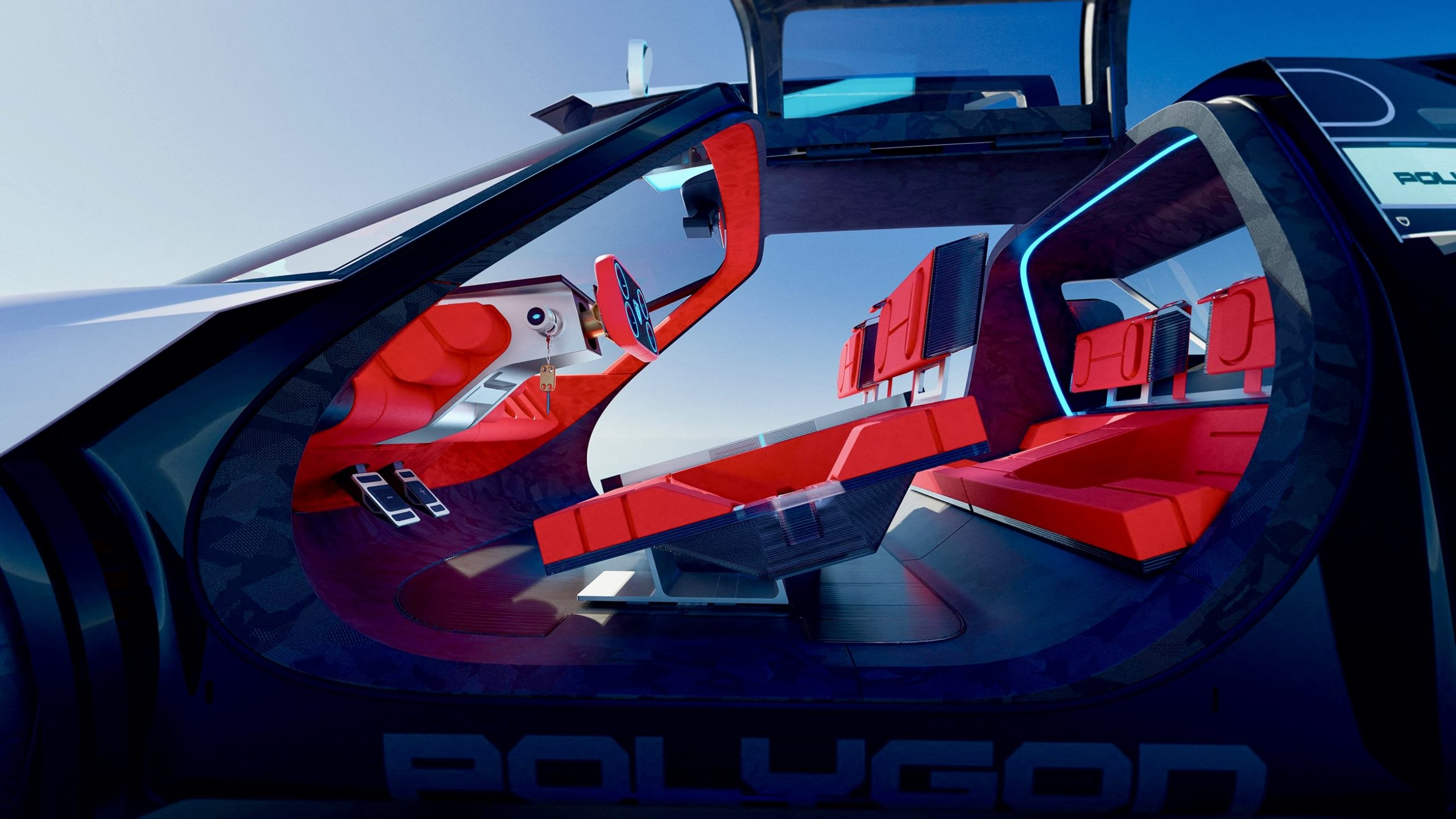
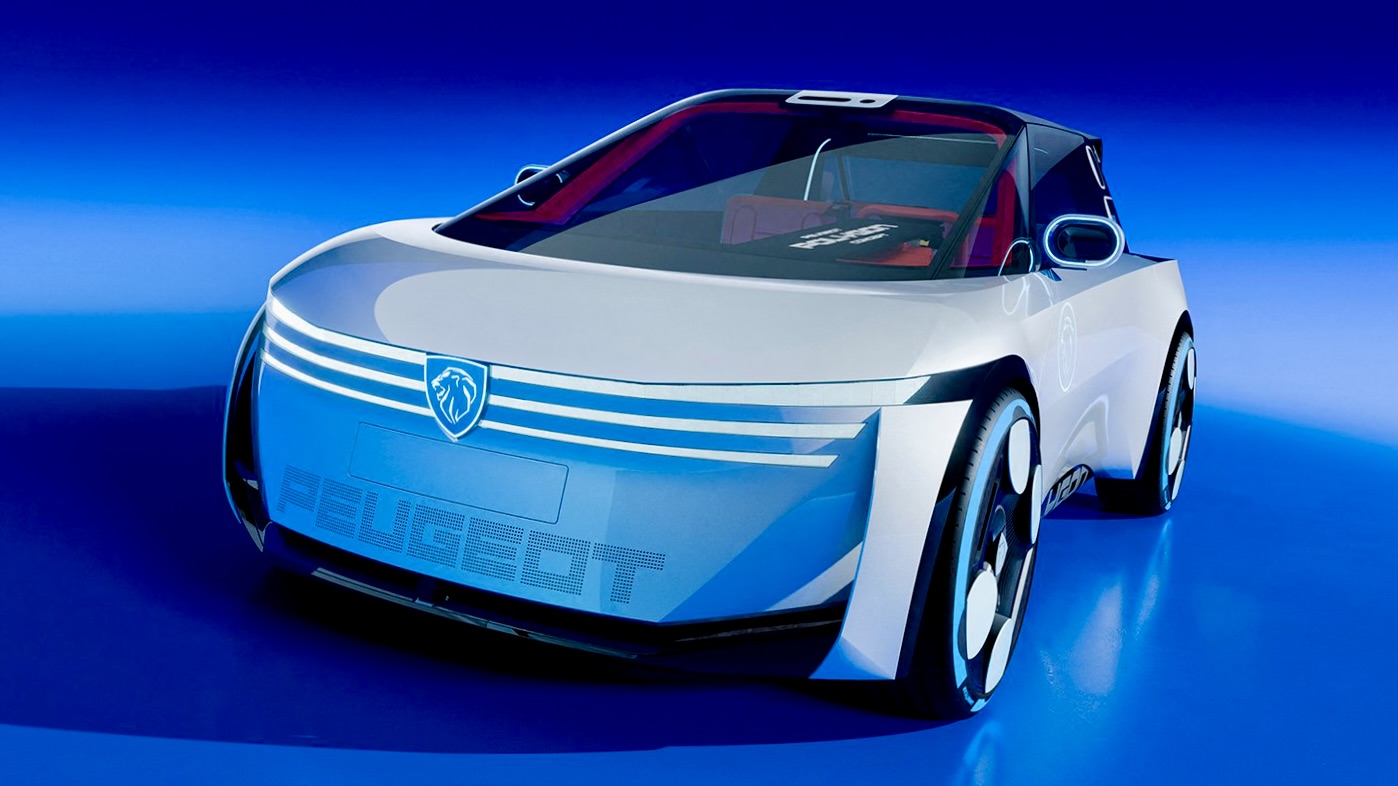
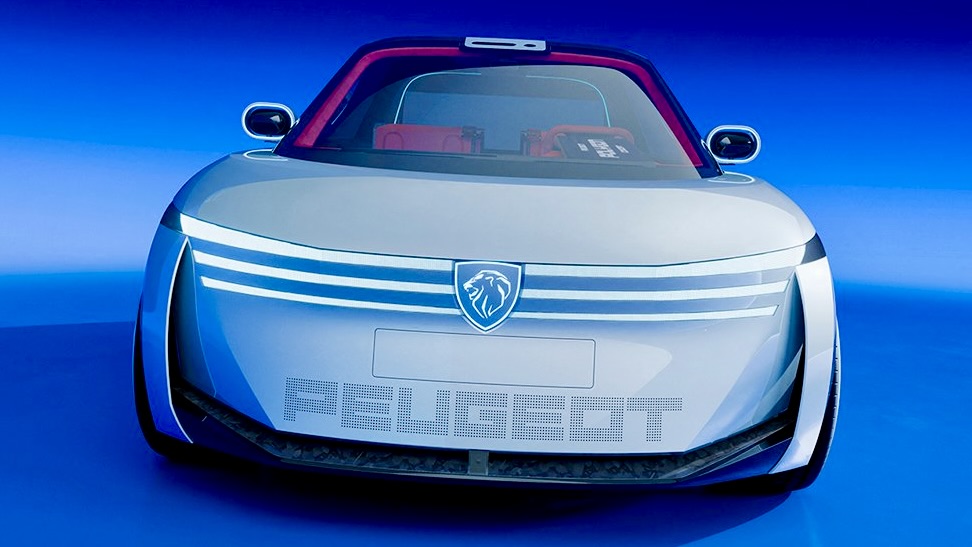



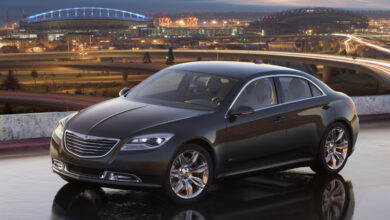
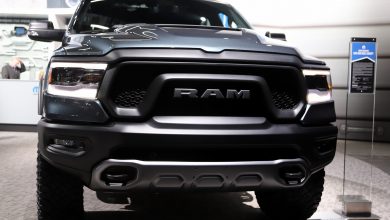
No replies yet
Loading new replies...
Join the full discussion at the Mopar Insiders Forum →